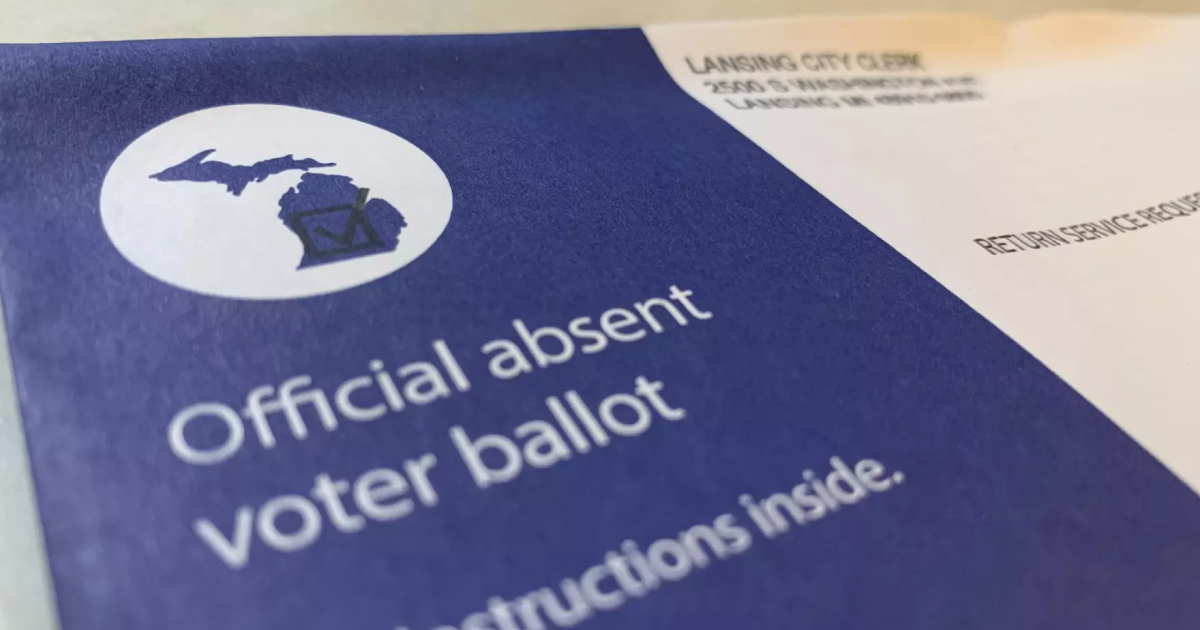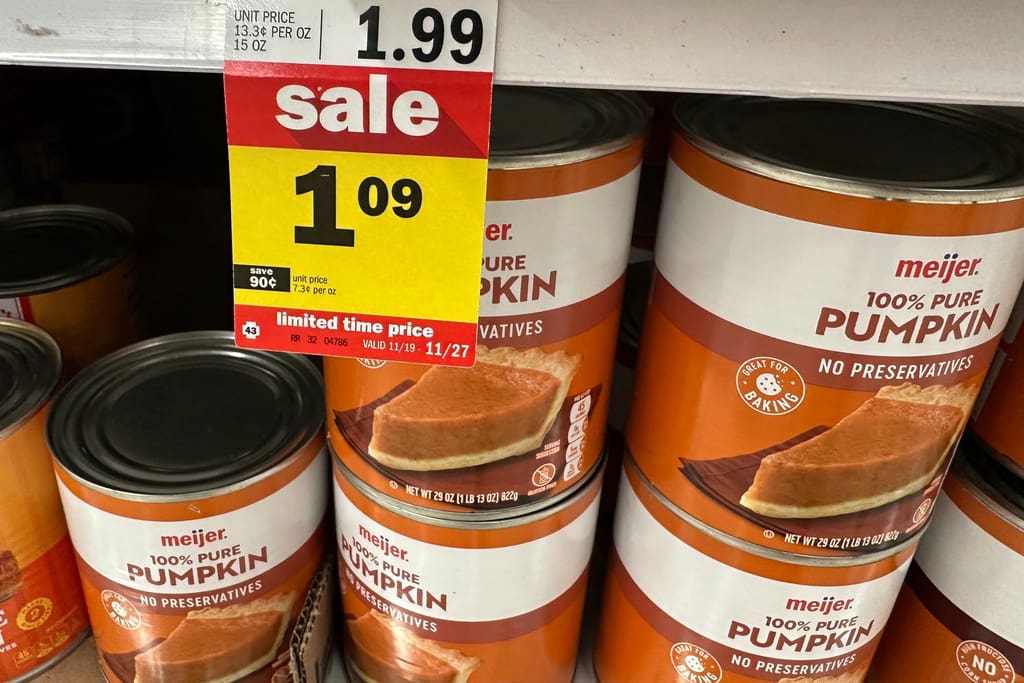Article Summary –
President Trump’s decision to end the de minimis tariff exemption for packages valued under $800, including those from China, Hong Kong, and soon the rest of the world, will disrupt consumer habits and impact small businesses, as many international sellers may halt shipments to the U.S. due to increased customs duties. Countries like Japan, Singapore, India, the United Kingdom, and Switzerland have already announced the stoppage of parcel shipments, causing confusion and potential loss of product variety for American consumers. Experts like Rudolf Leuschner and Jason Miller highlight the broader economic implications, including decreased consumer choice and challenges for small businesses, predicting these changes might persist unless significant opposition arises.
President Donald Trump plans to terminate a major tariff exemption, causing significant changes in consumer purchasing habits and small business operations. The de minimis exemption, which allows duty-free entry for packages valued under $800, is set to end on Aug. 29. Initially removed for packages from China and Hong Kong in May, this exemption will now end for all global shipments. Gifts under $100 will still be exempt from tariffs.
Rudolf Leuschner, a supply chain management professor at Rutgers University, explained, “The de minimis exemption meant low-value items weren’t worth the customs effort for small import duties.” According to Trump’s executive order, ending the exemption addresses national emergencies related to alleged drug influxes and U.S. trade deficits.
Several countries, including Japan, Singapore, India, the UK, and Switzerland, will pause parcel shipments to the U.S. in reaction to the new rules. However, letters and gifts under $100 may still be sent. Austria’s postal service announced they would stop accepting U.S.-bound shipments citing changes in customs regulations. “There is insufficient information on future customs clearance processes,” they added.
Leuschner noted his surprise at some countries suspending shipments, saying, “Customs duties aren’t the seller’s responsibility—they’re paid by the U.S. importer.” Jason Miller, a supply chain management professor at Michigan State University, highlighted the anticipated reduction in product diversity and options for American consumers, a loss not reflected in economic stats.
Small businesses are expected to face disruptions. On Aug. 25, CNN reported many international retailers might cease U.S. sales. “This will impact cross-border e-commerce and business-to-business shipping,” Miller observed. Chinese retailers like Shein and Temu relied heavily on shipping small packages to the U.S. before the exemption changes.
Miller mentioned that if you try ordering from the UK via Etsy, delays or unfulfilled orders might occur. Despite the potential fallout, Miller believes the de minimis exemption might not return soon. “The administration is looking for revenue sources. Changes are unlikely unless businesses strongly oppose it,” he stated.
—
Read More Wisconsin News










